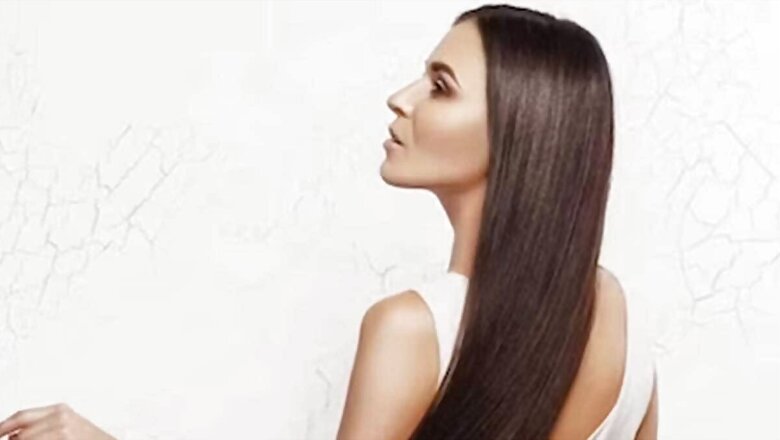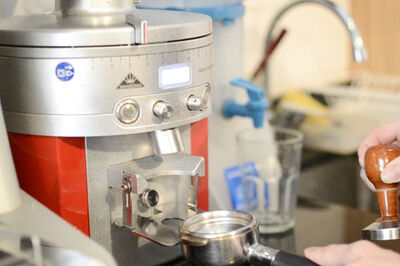
views
Harsh chemical-laden hair dyes emerged as a quick alternative to plain old henna over the past decades. People were initially drawn to the quick-fix method of hair dye, which produced results in 30 minutes and lasted for a few weeks. But gradually, individuals learnt that the harsh chemicals hurt the hair far more than they helped it. Hair dyes containing ammonia and its byproducts such as Ethanolamine, Dietanolamine, and Triethanolamine have been linked to cancer in rare circumstances. With the passage of time, we are rediscovering the numerous benefits of henna.
“As the founder of a global haircare company, I’ve watched Henna develop as the preferred choice for those looking for natural alternatives to chemical-laden hair colours. Since time immemorial, henna has been used as a natural hair colour. All you have to do is find natural, organic, and vegan henna, apply it to your hair strands for 2 hours, and then wash it away with running water. It can be used to give black hair a gorgeous copper hue that looks like highlights, similar to hair dye. It gives grey hair an orangish colour that can be enhanced to copper or black by adding natural components such as pomegranate peels, coffee, and tea leaves. It produces a gorgeous colour without the need of harmful chemicals. It also helps to prevent premature greying,” says Clelia Cecilia Angelon, Founder & CEO, Surya Brasil.
Demand for vegan, organic, and natural henna with ingredients such as Chamomile, Jua, Malva, Jaborandi, Babaçu Oil, Copaba, Guaraná, Cumaru, Aça, Olive, and Coconut Powder Oil, all of which can be found in Brazilian rainforests, has arisen too. “These elements ensure that your henna produces stunning colours such as copper, red, burgundy, brown, chocolate brown, blonde, and natural black. I can attest that switching to natural colour alternatives is the first major step towards assuring vibrant and magnificent hair,” adds Angelon.
Read the label carefully to ensure that the henna you use does not contain any of the following ingredients: TEA, DEA, sulphates, PPD, resorcinol, or hydrogen peroxide and parabens. Sulphates can produce an imbalance in the endocrine glands, which can lead to thyroid problems in some people.
“Henna is a natural source of tannin and Vitamin E, which help to soften the hair naturally. When compared to other available hair masks, it is the best. Henna naturally balances the pH of the scalp and calms the excessive sebaceous glands that create oil in the hair, causing it to be greasy. The henna leaves, which are high in proteins and antioxidants, also aid in balancing the pH of the scalp,” opines Angelon. Henna nourishes the hair follicles, resulting in stronger roots and less hair fall. Because henna regulates scalp oil production, it reduces dandruff and keeps it from returning with continued use.
If you find henna application to be messy and time-consuming, Henna Cream is for you. “It has recently piqued public interest due to its ease of application, owing to its ready-to-use paste and easy-to-apply applicator. However, to reap the most advantages, use only organic, natural, and vegan henna; otherwise, going natural will defeat the goal. Post coloration shampoo, conditioner which ensure longer lasting hair color and are gentle on the hair are the best way to pamper your hair after each application,” explains Angelon.


















Comments
0 comment